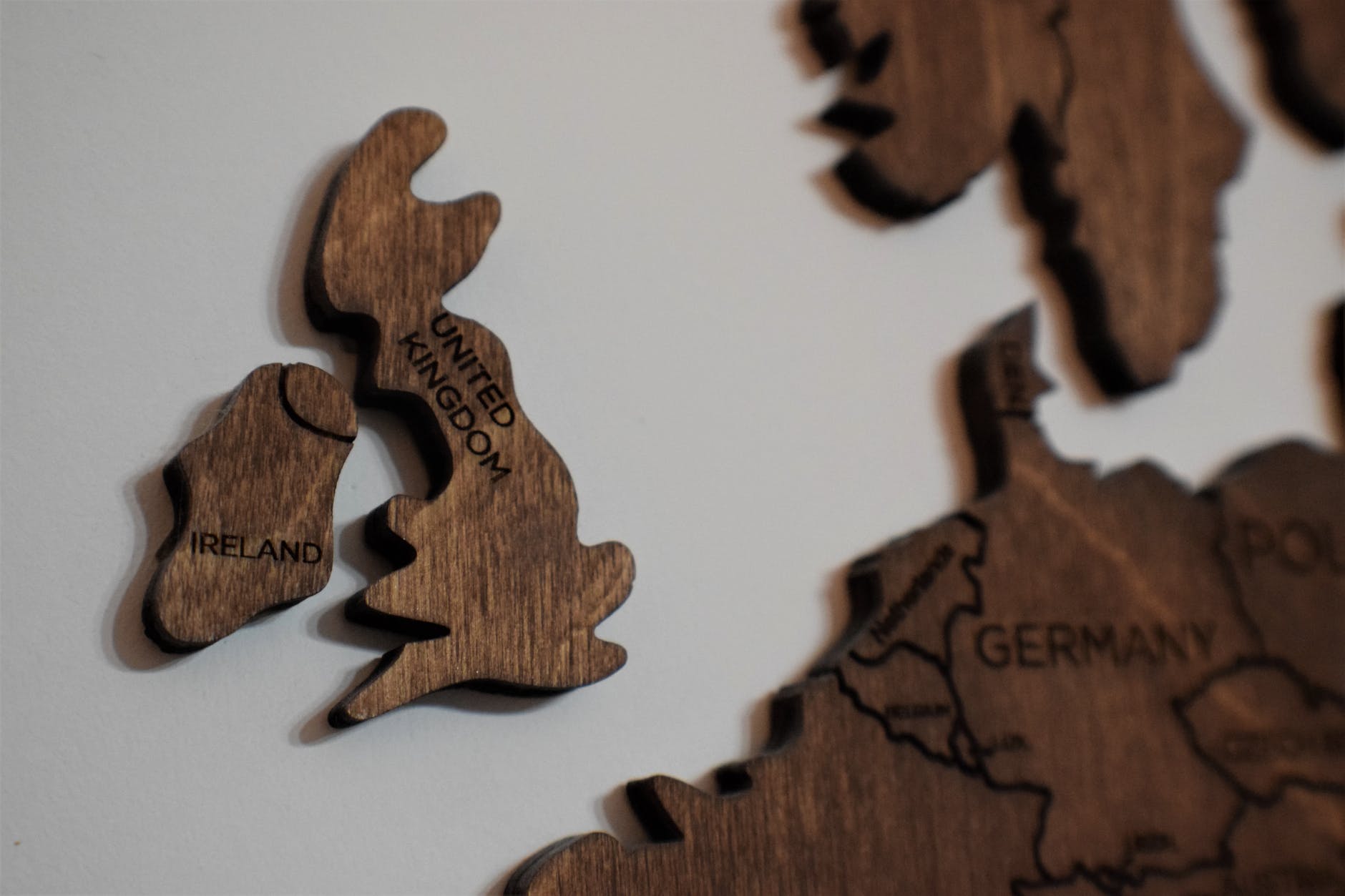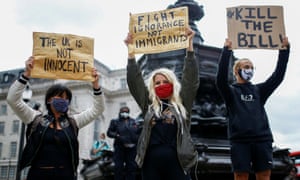In the last few years, Temasek supported German company Bayer’s buyout of Monsanto in 2018, funded Impossible Foods and Just Food, and reinvested as Impossible’s third largest investor in 2020. Some of these groups have stirred controversy: Monsanto, a seed and agrichemicals giant, is facing several ongoing class action lawsuits in the United States from farm workers stricken with cancer from the use of the herbicide Roundup. Bayer later paid $10 million in settlements, which comes down to an average of less than $160,000 per plaintiff not considering litigation fees—while continuing to sell the very same pesticide to farmers.
This year, Temasek expanded its agri-food investments by partnering with Bayer to set up a company, Unfold, to sell genetically modified seeds to vertical farms.
Merged with Monsanto, Bayer-Monsanto is one of the largest agri-food conglomerates supplying most of the world’s seeds and agrichemicals, controlling 30 per cent share of the world’s proprietary seed genetic material and agrichemicals. This means that many farmers are at the mercy of seed-agrichemical pairings made by a limited number of agribusiness companies.
Bayer-Monsanto’s investment decisions actively create a world of petrochemical and genetic dependence. Their products narrow the range of genetic resources, and make resources that exist in the commons into commodities we have to pay for.
This is done in the name of food security. But in practice, these companies drive capital towards commodity production lines that require scale and homogenisation. Their work strips smallholders of land, knowledge and agri-cultures, and propagates the inequalities that took root in the Green Revolution, the era after World War II when synthetic fertilisers, pesticides, and herbicides were used to boost production, causing long-term chemical-based soil degradation.
While the Green Revolution is said to have lifted smallholders out of hunger and poverty, in practice it was a war on smallholders across the world, orchestrated over half a century by companies in Western Europe and the United States. Temasek’s choices indicate the state’s investment in dependence on big agritech at a time when global agriculture needs to be nourished and our knowledge capacities rebuilt, and its protective and regenerative functions renewed.
Seed laws, genetic diversity and organic farming
Seed laws
Many seed laws such as the Trade Related Intellectual Property Rights (TRIPs) Agreement of the World Trade Organisation (WTO) define seeds as a “creation and invention” belonging solely to seed corporations.
This effectively prohibits farmers from the free breeding and exchange of certain seeds.
Dietary diversity
Currently no more than 120 cultivated species provide for 90 per cent of human food supplied by plants, and 12 plant species and five animal species alone provide for more than 70 per cent of all human food. Seed laws, which are generally used to develop standardised, homogenous crops to meet the demand of urban populations, have the effect of limiting genetic diversity in farmed crops. This negatively impacts the range of foods in our diets.
Crop uniformity
Seed corporations have asserted the need for crop homogeneity in response to industrial agriculture’s application of chemicals to control pests, diseases, weeds, or to fertilisers. This makes them less able to cope with continuously evolving pests and diseases. Organic farmers, however, tend to grow diversified crops as a way to adapt to the same challenges, but which do not threaten food resilience.
The global political economy of food
It’s clear that food security cannot be achieved though production alone. What is more important is the continued viability of our living environments to sustain and renew themselves. A political economy is needed that supports regenative agriculture, and ensures the fair distribution and management of resources—including financial capital.
Financial support for a narrow range of companies will create a market where people will eventually depend on a particular brand of farm, and increasingly that will mean indoor, ‘hi-tech’ vertical farms.
The global indoor farming market size was worth US$100 billion in 2018. By 2030, innovation in food and agriculture could be worth $700 billion. Hi-tech farms designed to grow a single crop will guzzle energy for air-conditioning, use up land, and give up on the land’s ability to be restored. Even with the new jobs high tech farming will create, workers will have no real power to disengage from a system that narrows the planet’s genetic seed stocks, land and knowledge resources.
In Asia, where so much of the future of food is at stake, we need to have public conversations about agritech to get greater clarity and transparency about the impact of new farming models on people and the planet, and how to create socially responsible products.
Companies can either increase social inequality and environmental degradation, or join a global community working to increase our shared human access to land, knowledge, food resources and peace. Agritech firms play an important role in shaping where investors put their money, and if 2020 makes anything clear, it is that neither business-as-normal nor the new normal can achieve food long-term security and sustainable agriculture.
Agritech’s climate responsibilities
Businesses have always had the power to look after the needs of people—and they are under more pressure than ever to do so today.
This decade will see more transboundary environmental disasters. Agritech and its funders would be wise to consider how their investments shape greater transboundary resource renewal, including the regeneration of lands and waters.
What agritech can do
There are five things agritech and agrifinance can do to redistribute equity in the food system:
1) Invest in solutions that increase the amount of arable non-monocrop food forest and arable land that commits to using regenerative multi-cropping techniques
2) Commit to working with national or regional seed banks to increase genetic diversity, encouraging clients and customers to use saved, native, and heirloom seed varieties in gardens and urban farms
3) Broker regional peace and trust by improving food distribution logistics and addressing bottlenecks in the food supply chain. More food production is nothing if we do not address this.
4) Ensure food is grown with the principles of nutrition, diversity and equity in mind, by bringing the food insecure into the conversation, ensuing profits are redistributed among local communities to develop relationships in neighbourhoods, workplaces, and schools.
5) Begin real dialogues with food sovereignty organisations and networks.
Seeds produced for vertical farms are highly profitable for the companies that produce them. But it is not in these companies’ business interests to replenish the arable land and water resources that we need to live on this planet.
We need to invest in practices that renew agricultural knowledge across our generations, reforest degraded and degrading lands, and redistribute resources that have been taken from elsewhere.
And we need to invest in technologies that support seed banks, enable innovation in the use of available low-carbon resources, and help people make the right choices about what to plant locally.
Now is the time to create the pathways that will afford us better solutions for planet, not profit—and these solutions need to bear fruit within our lifetimes. Let’s invest appropriately.
Huiying Ng is partnerships and research lead at the Soil Regeneration Project. The sidebar was written by Edmil Chue and Amanda Foo from Project Rewild.
















